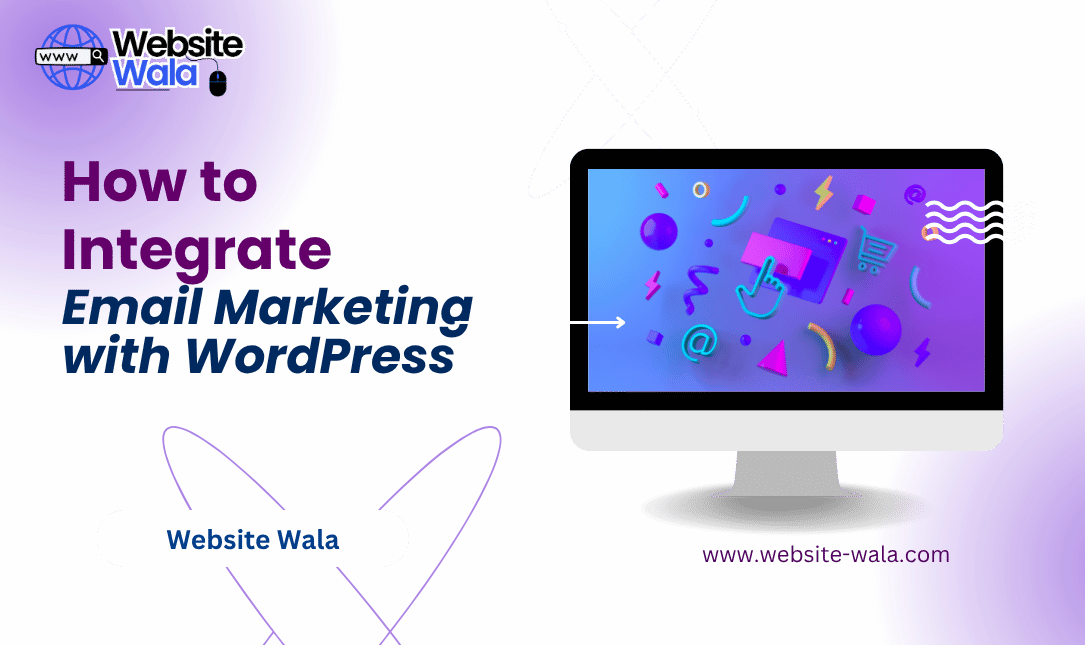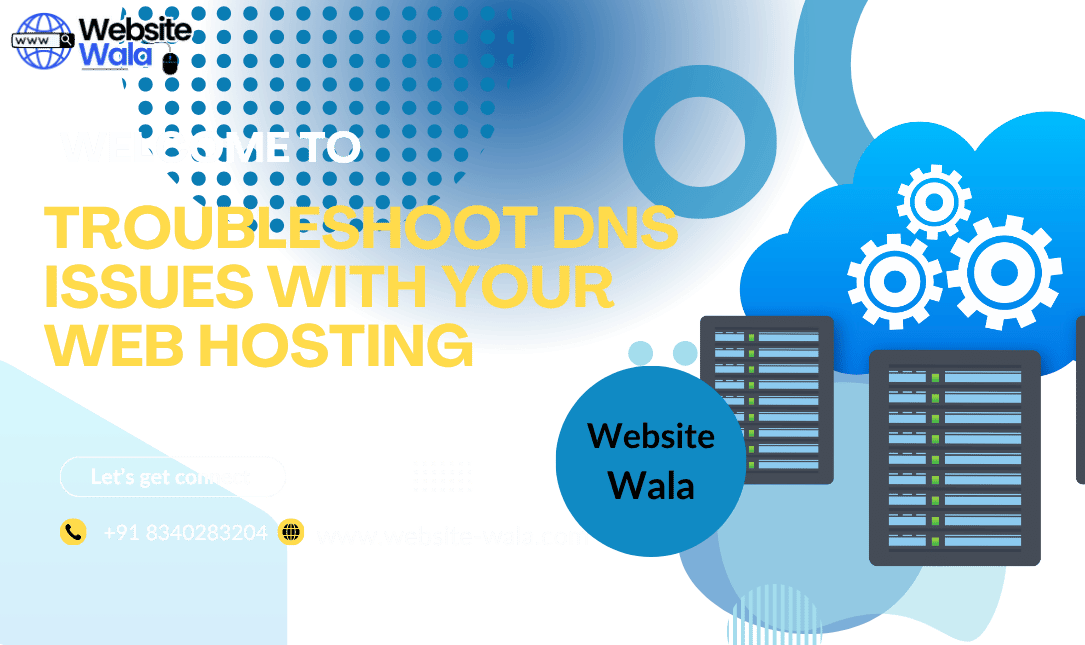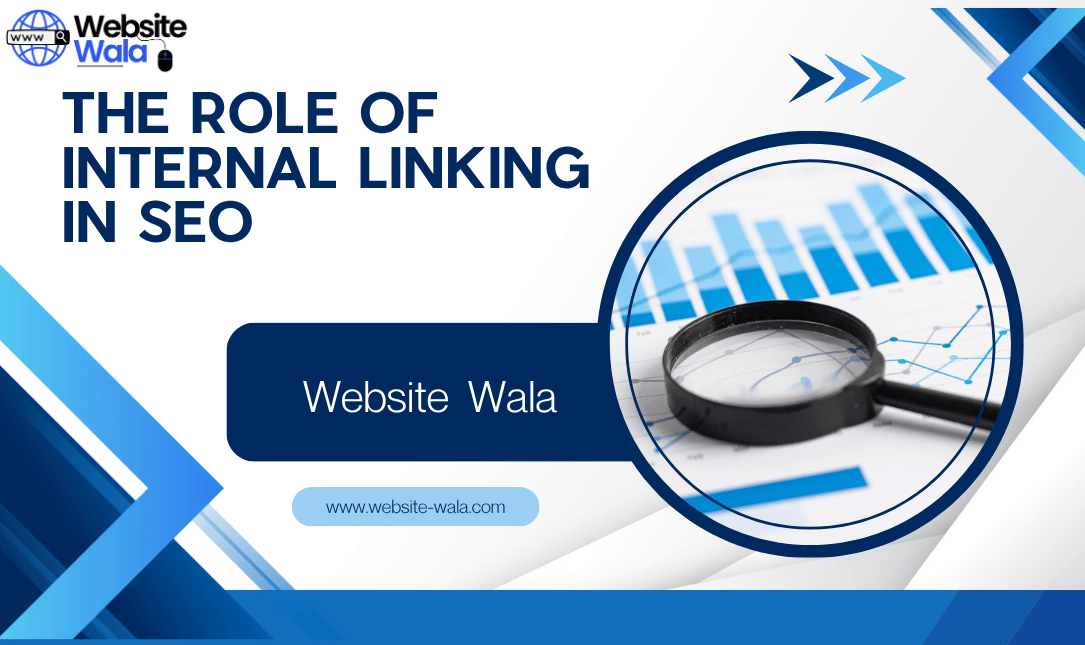
Learn How to Ensure Your Hosting Provider Offers Adequate Support for Your Technology Stack with expert tips on reliability, updates, and performance.
How to Ensure Your Hosting Provider Offers Adequate Support for Your Technology Stack
Choosing the right hosting provider is one of the most critical decisions for any business that relies on digital operations. In today’s fast-paced technological environment, your technology stack—the collection of frameworks, programming languages, servers, and tools you use—must be fully supported to ensure consistent performance and growth. Understanding How to Ensure Your Hosting Provider Offers Adequate Support for Your Technology Stack can save you from costly downtime, inefficient support services, and long-term scalability issues.
This guide walks you through the key considerations, evaluation methods, and actionable tips to verify that your hosting partner can meet your specific needs effectively.
Why Support for Your Technology Stack Matters
Before diving into How to Ensure Your Hosting Provider Offers Adequate Support for Your Technology Stack, it’s essential to understand why stack support matters. Your hosting environment must be compatible with your chosen technology stack—be it LAMP (Linux, Apache, MySQL, PHP), MEAN (MongoDB, Express, Angular, Node.js), or a custom mix of tools. Without proper server support and technical expertise, you risk slow load times, broken integrations, and unstable performance.
A good hosting provider ensures:
-
Seamless integration with your frameworks and databases.
-
Efficient maintenance and updates.
-
Rapid troubleshooting when issues arise.
-
Ongoing performance optimization and security management.
Step 1: Understand Your Specific Needs
The first step in How to Ensure Your Hosting Provider Offers Adequate Support for Your Technology Stack is to identify your specific needs. Every business uses a unique blend of tools, languages, and servers. Make a list of all components in your technology stack—for example:
-
Programming languages (PHP, Python, JavaScript, etc.)
-
Frameworks (Laravel, Django, React, etc.)
-
Databases (MySQL, PostgreSQL, MongoDB)
-
Operating systems (Linux, Windows Server)
-
Deployment tools and CI/CD pipelines
Understanding your specific needs helps narrow down hosting providers that have proven technical expertise in those areas.
Step 2: Evaluate Technical Expertise and Server Support
The next step in How to Ensure Your Hosting Provider Offers Adequate Support for Your Technology Stack involves a thorough evaluation of your potential provider’s technical expertise.
Check whether they have certified engineers or specialists for your stack components. For instance, if you use Node.js and MongoDB, confirm they provide optimized server support for JavaScript environments. Look for documentation, forums, and case studies showcasing their ability to handle similar setups.
Ask questions like:
-
Do you provide 24/7 support services for database and application layers?
-
What type of troubleshooting assistance do you offer?
-
How frequently do you apply updates and patches?
A reliable hosting provider should not only host your application but also help maintain it through skilled maintenance and ongoing performance checks.
Step 3: Assess Reliability and Customer Service
When exploring How to Ensure Your Hosting Provider Offers Adequate Support for Your Technology Stack, don’t overlook reliability and customer service. Even the most technically advanced platform is useless without responsive support services.
To evaluate reliability:
-
Check uptime guarantees (99.9% or higher is ideal).
-
Review customer testimonials and case studies.
-
Test their customer service responsiveness before committing.
A dependable hosting provider should offer multiple contact options—live chat, email, and phone—and resolve issues within agreed SLAs (Service Level Agreements). Prompt troubleshooting and transparent communication are signs of a provider you can trust.
Step 4: Check for Maintenance and Update Policies
Regular maintenance and updates are essential for security and stability. A key part of How to Ensure Your Hosting Provider Offers Adequate Support for Your Technology Stack is verifying how your host handles these processes.
Ask about:
-
Frequency of OS and control panel updates.
-
Security patching schedules.
-
Downtime during maintenance windows.
-
Automatic vs. manual update procedures.
A proactive hosting provider will schedule maintenance during off-peak hours and keep you informed in advance. They should also provide backup and recovery systems in case something goes wrong.
Step 5: Evaluate Performance Optimization Capabilities
Another important aspect of How to Ensure Your Hosting Provider Offers Adequate Support for Your Technology Stack is ensuring that your host offers tools and expertise for performance optimization.
Performance issues can directly impact user experience and search rankings. A robust hosting partner should help with:
-
Load balancing and caching strategies.
-
Database query optimization.
-
Resource monitoring and scaling.
-
CDN (Content Delivery Network) integration.
When your technology stack runs efficiently, your applications perform better, handle more traffic, and reduce operational costs.
Step 6: Review Scalability Options
When planning How to Ensure Your Hosting Provider Offers Adequate Support for Your Technology Stack, scalability should be top of mind. Your technology infrastructure must evolve with your business growth.
Check whether your hosting provider allows:
-
Vertical scaling (upgrading existing servers).
-
Horizontal scaling (adding more servers).
-
Flexible resource allocation (CPU, RAM, bandwidth).
A forward-thinking evaluation includes asking how quickly scaling can occur and whether there are costs or downtime associated with resource changes. Scalable support services ensure your stack remains agile and adaptable.
Step 7: Examine Security and Compliance Standards
Your technology stack may involve sensitive customer data or regulated information. A crucial part of How to Ensure Your Hosting Provider Offers Adequate Support for Your Technology Stack is reviewing your provider’s security posture and compliance.
Look for:
-
SSL/TLS encryption.
-
Firewall and DDoS protection.
-
Data backups and recovery plans.
-
Compliance with GDPR, HIPAA, or PCI-DSS (if applicable).
A secure hosting provider not only protects your data but also your reputation. Proper maintenance, updates, and troubleshooting mechanisms should be in place to minimize vulnerabilities.
Step 8: Request a Trial or Pilot Period
To finalize your evaluation, consider running a pilot before signing a long-term contract. This step lets you experience firsthand How to Ensure Your Hosting Provider Offers Adequate Support for Your Technology Stack under real-world conditions.
During the trial, observe:
-
Speed and uptime performance.
-
Quality of customer service interactions.
-
Responsiveness to troubleshooting requests.
-
Ease of scaling and performing maintenance tasks.
This testing phase helps you confirm whether the provider’s promises align with actual delivery.
Step 9: Review Contracts and SLAs Carefully
The final step in How to Ensure Your Hosting Provider Offers Adequate Support for Your Technology Stack is to review your contract and SLA terms. Ensure they explicitly mention support coverage, response times, and compensation for downtime.
Important clauses to look for:
-
24/7 server support availability.
-
Defined escalation procedures.
-
Guaranteed resolution times.
-
Periodic updates and maintenance commitments.
Transparent SLAs protect your business and ensure accountability from your hosting provider.
Conclusion
Learning How to Ensure Your Hosting Provider Offers Adequate Support for Your Technology Stack is essential for long-term success in a digital-first environment. By carefully evaluating technical expertise, server support, maintenance policies, and performance optimization practices, you can select a hosting provider that aligns perfectly with your specific needs.
Remember, the goal isn’t just to find a company that can host your website—it’s to partner with one that understands your technology stack, offers responsive support services, and delivers reliable customer service. With proper evaluation and ongoing collaboration, your hosting environment will stay secure, efficient, and ready for growth.























